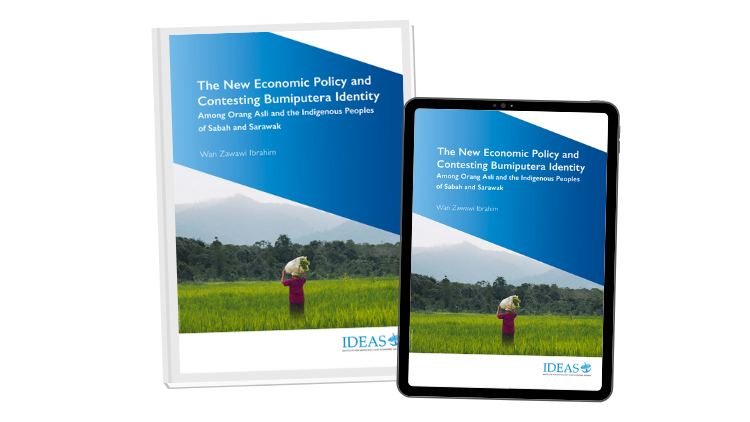NEP 50
The New Economic Policy and Contesting Bumiputera Identity Among Orang Asli and the Indigenous Peoples of Sabah and Sarawak

The New Economic Policy (NEP) was Malaysia’s first state-driven transformation policy. Promulgated in 1970, it was intended as a twenty-year programme intended to respond to long-term economic inequalities by eradicating poverty and creating the basis for interethnic economic parity (Jarvis, 2017: 209–201). Together with its successor strategies, it not only left an indelible mark on the economic landscape that emerged over a period of five decades but, at another level, it also unleashed its own contestations in the discourse on the meaning of identity in a postcolonial society. At the core of the NEP project was the official institutionalisation of Bumiputeraism as an authority-defined identity central to the self-identification of the nation-state. Contrary to the claim of the NEP in promoting national unity, the Bumiputera identity is one that is fraught with its own ambiguities and contradictions and has arguably contributed to greater social inequalities and underpinned the persistence of “race thinking” in Malaysian public discourse.